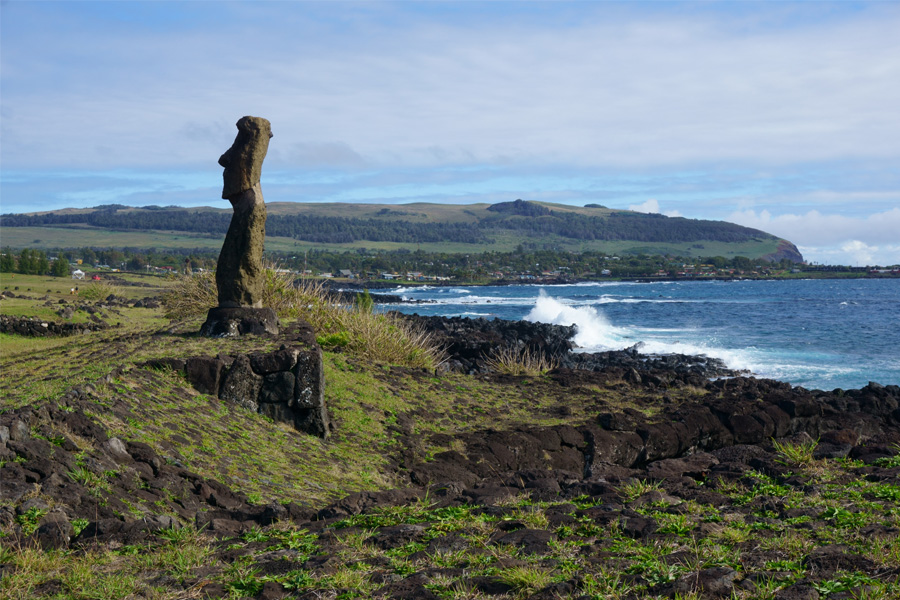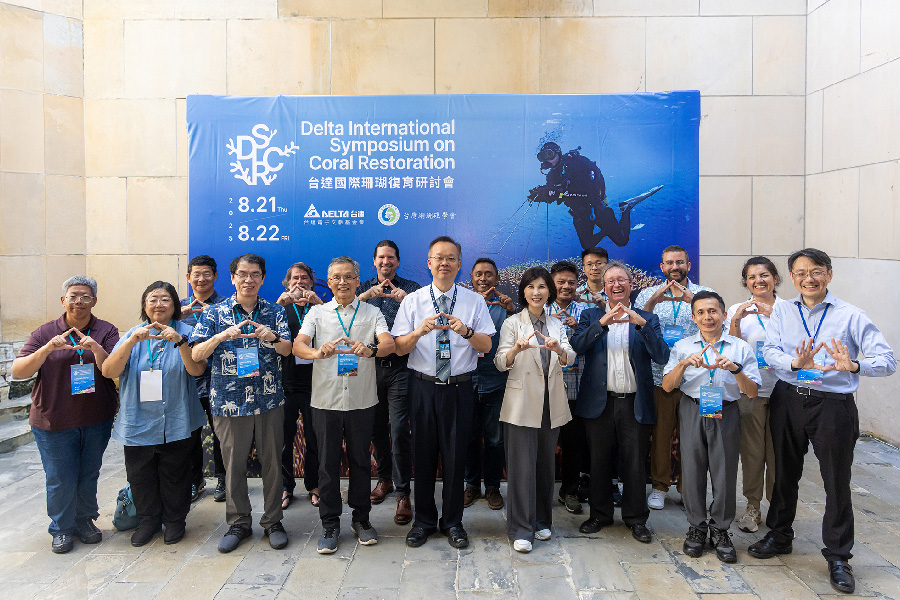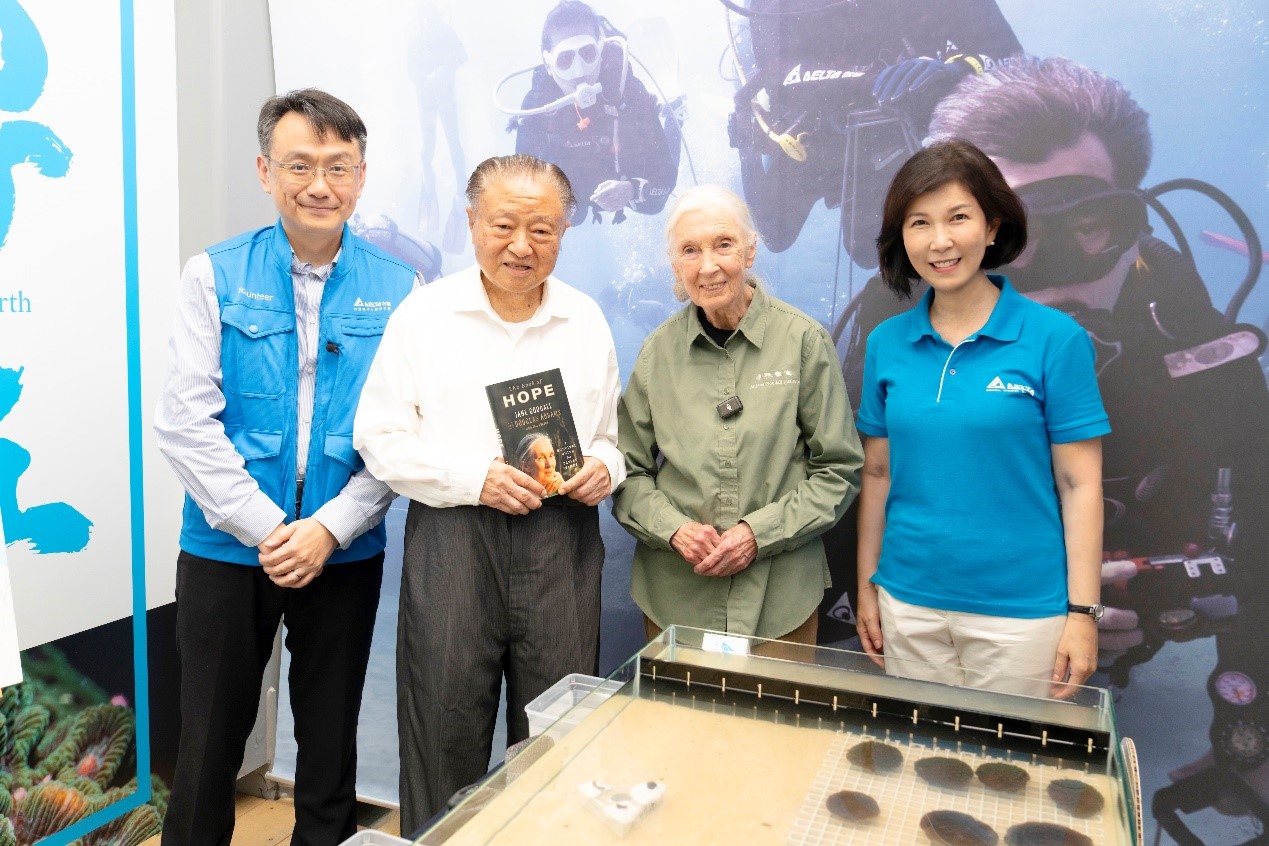Coral is an important ecological resource that provides habitats for marine creatures. With the increasing frequency of marine heatwaves, the world is seeking various ways to help corals survive. Identifying corals that can withstand high temperatures in situ through artificial cultivation or underwater nurseries for mass cultivation is a recognized effective strategy. A spring training session was held recently for Delta’s coral restoration volunteers recruited from various plants in Taiwan. Led by Dr. Tung-Yung Fan’s research team from the National Museum of Marine Biology and Aquarium, they headed for the Kenting Water Outlet Heat-tolerant Nursery Experimental Base to monitor the habitat with the internationally recognized CornalNet 2D and participate in the transplantation of heat-tolerant coral seedlings.
The research team chose the water outlet of the Third Nuclear Power Plant in Kenting as a demonstration site mainly because it is affected by intermittent upwelling cold currents and the warm water discharge from the power plant all year round, like a sauna, thereby leading to special species that can better withstand sea temperature rise. According to some research, the corals at the water outlet of the Third Nuclear Power Plant can tolerate heat 3.1°C higher than those located in areas at normal temperatures. In 2019, some studies have confirmed that the corals in this area recover faster after bleaching with a lower mortality rate than those in other areas. This shows that some coral species in Kenting have developed the ability to adapt to heat stress. Particularly in the summer of 2022, when the temperature was high, the corals after bleaching recovered faster than those in northern Taiwan according to the long-term monitoring results.
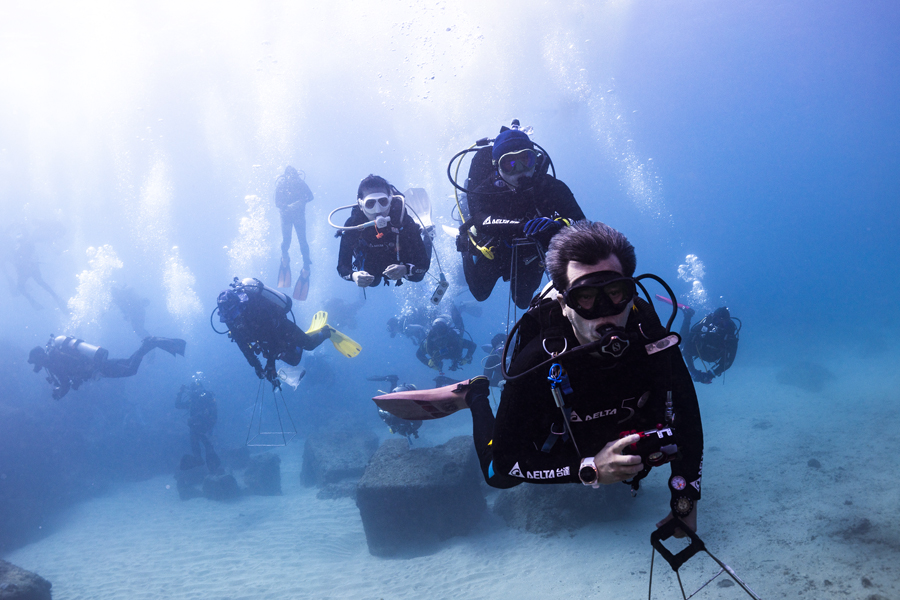 Delta's marine volunteers learn how to use CoralNet 2D for monitoring
Delta's marine volunteers learn how to use CoralNet 2D for monitoring
Among the wide variety of coral reefs around the water outlet, ‘Platygyra verweyi’ and ‘Pocillopora damicornis’ have been proved to have the potential to become heat-tolerant corals. Considering the fast growth rate, the transplantation, and the sustainability of maintenance, the research team guided Delta's volunteers in the professional training this time and prioritized the heat-tolerant species, ‘Pocillopora damicornis’, for transplantation at this time.
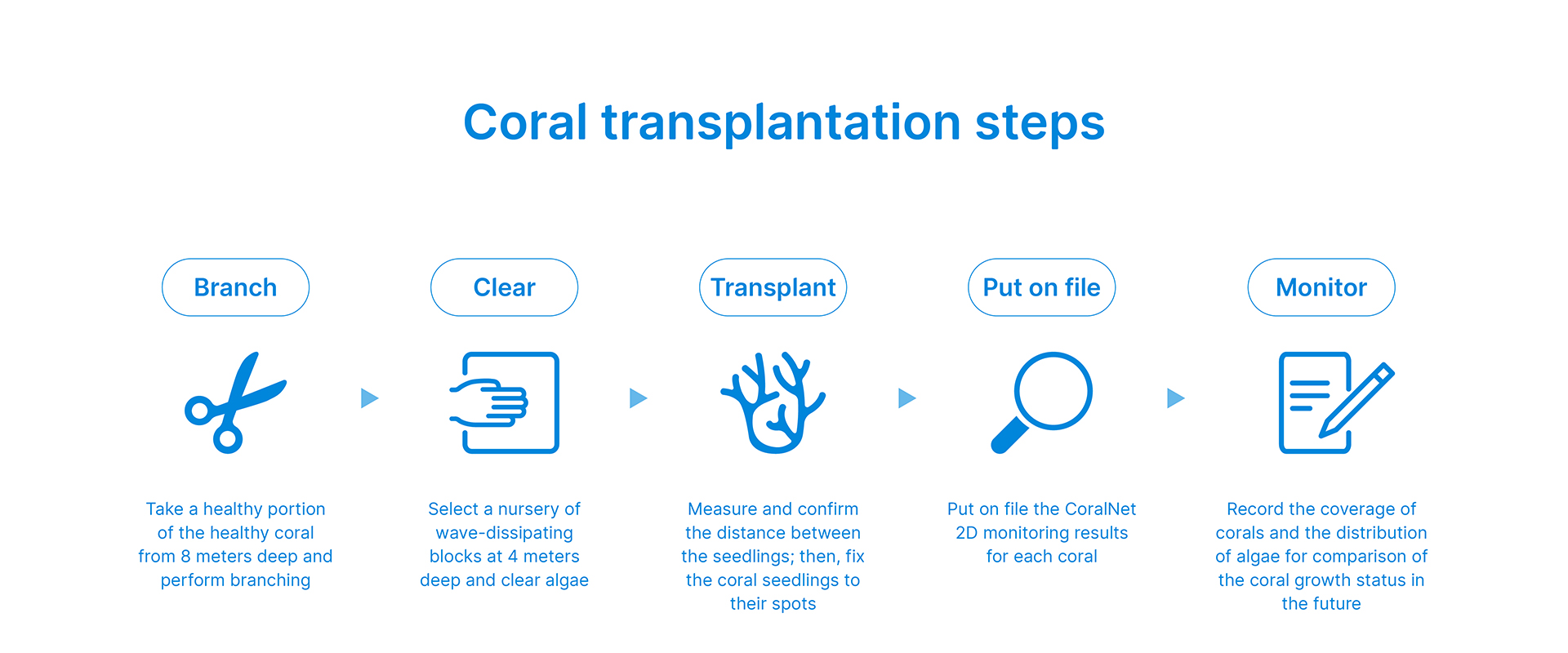
In addition to recruiting volunteers for coral restoration, the Delta Electronics Foundation conducts research on the clonal transplantation of heat-tolerant corals with the research team and will collect the spawn of the heat-tolerant corals in April and use the customized coral incubator made by the Delta Plant Factory to culture test tube coral babies, thereby improving the implantation rate of the fertilized eggs. In addition, the foundation is collaborating with the National Museum of Marine Science and Technology located next to the Chaojing Bay Marine Protected Area in Keelung City. It is planned that 10,000 corals will be cultivated in the coral greenhouse in the following three years and will be gradually transplanted to the protected area. In the future, Delta's volunteers will continue the endeavors, work with professional researchers engaging in coral restoration, as well as monitor, grow, and maintain heat-tolerant corals, with the aim of helping corals cope with ocean warming in the next few decades!
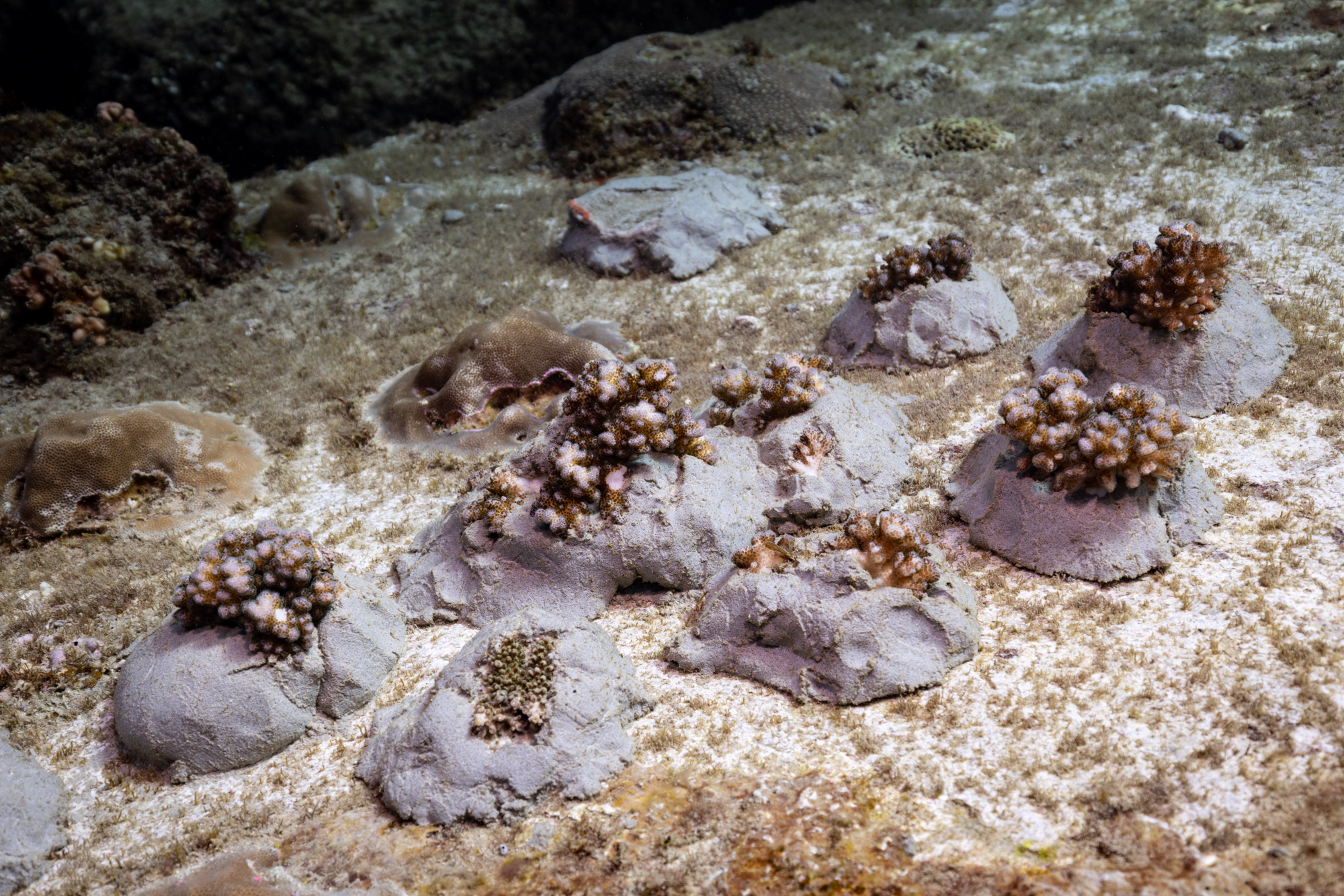 The heat-resistant coral seedlings transplanted to the outfall of Kenting, Taiwan by Delta Ocean Volunteers
The heat-resistant coral seedlings transplanted to the outfall of Kenting, Taiwan by Delta Ocean Volunteers












